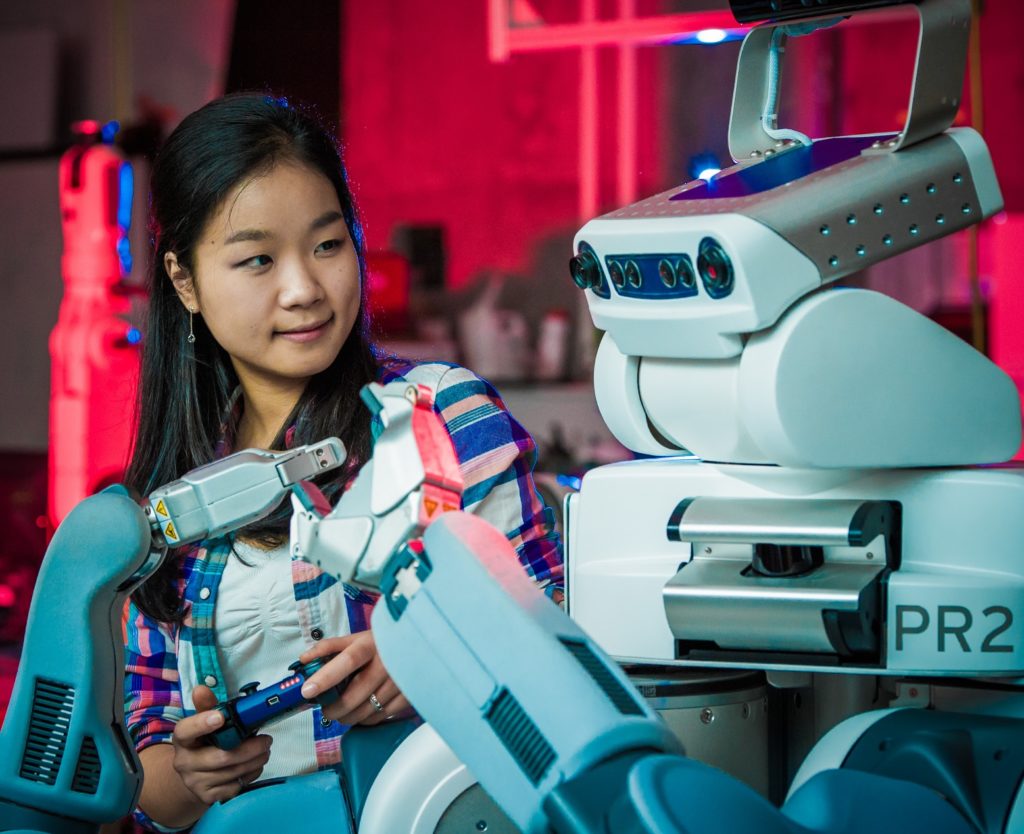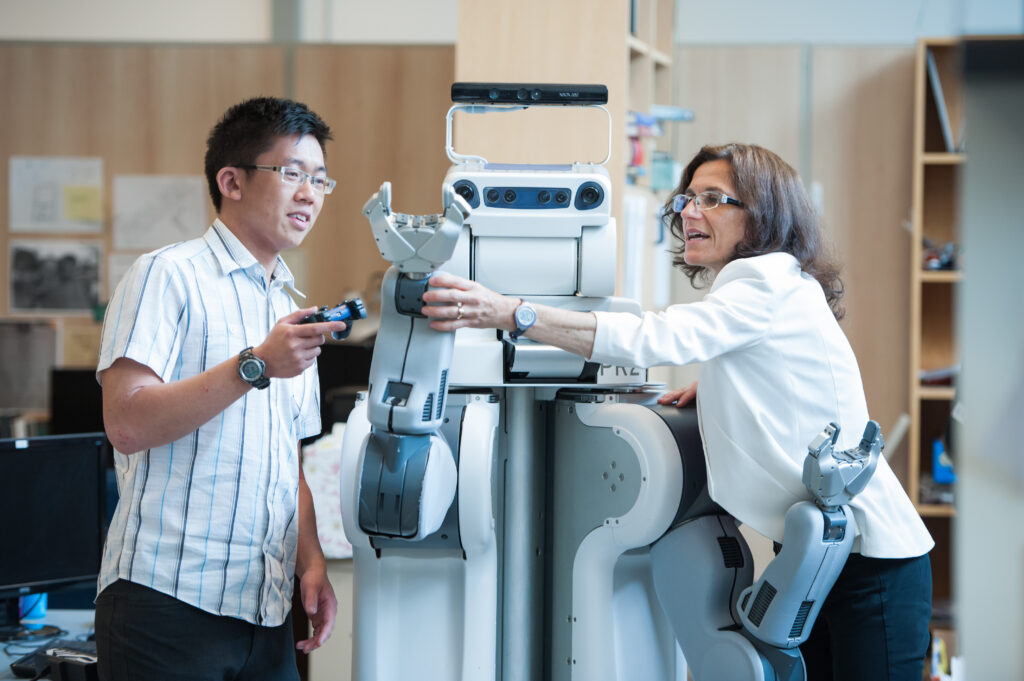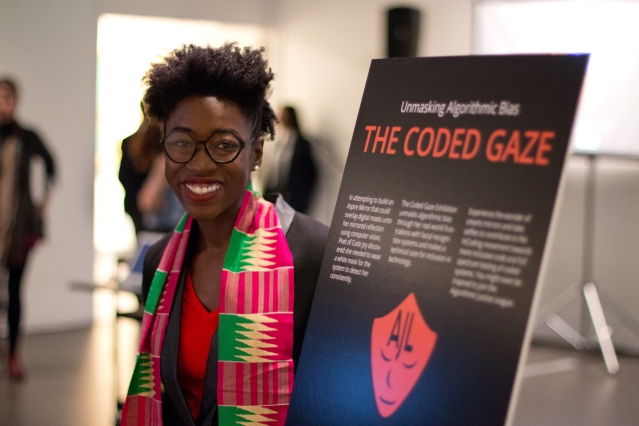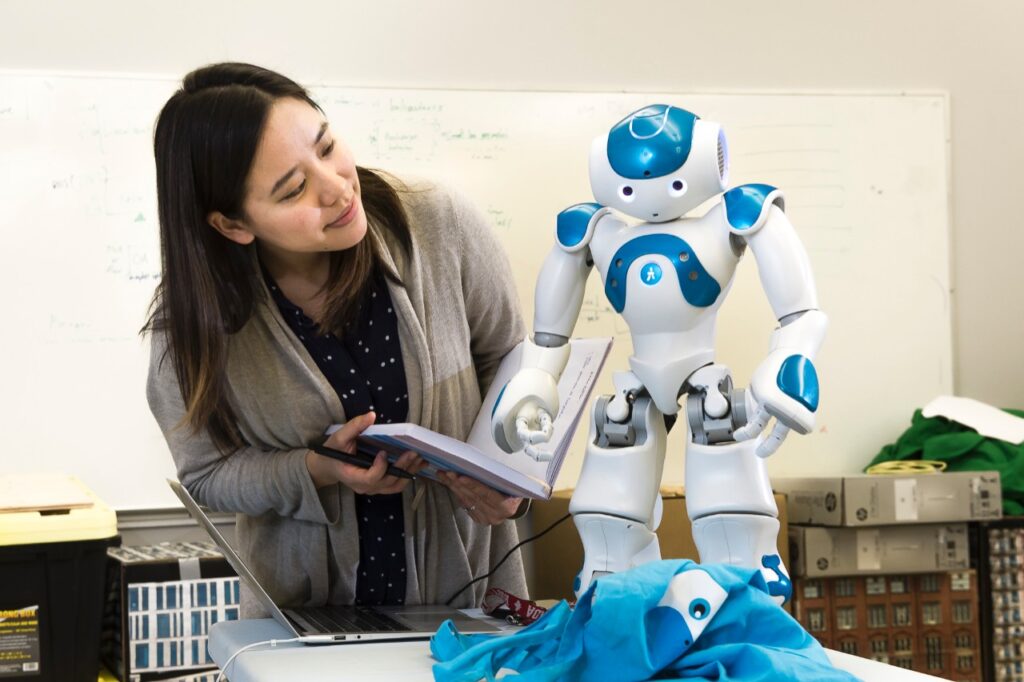Until the 1960s, robots were only able to perform the tasks they were specifically programmed to do. Over the past few decades, the field of artificial intelligence (AI) has witnessed remarkable growth, transforming the way we interact with technology and shaping various aspects of our lives. From early expert systems and rule-based algorithms to the rise of machine learning and deep learning, AI has made tremendous progress.
Today's advancements in artificial intelligence (AI) now allow robots to assess their environments, adapt, learn and carry out complex functions like teaching other robots to perform tasks. AI-driven applications now power virtual assistants, autonomous vehicles, personalized recommendations, advanced medical diagnostics, and much more.
The potential of AI to revolutionize industries and address complex challenges seems boundless, promising a future where intelligent systems work seamlessly with humans, opening up new frontiers of innovation and possibilities. However, this progress also raises important questions about ethical considerations, privacy, and the responsible development of AI technologies to ensure a beneficial and inclusive impact on society.
As AI continues to evolve, here are some women in Canada contributing to the field that you should know about:




